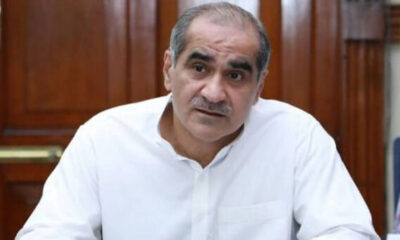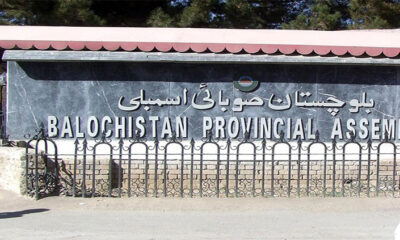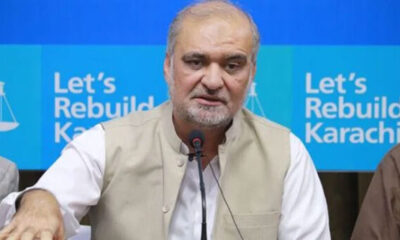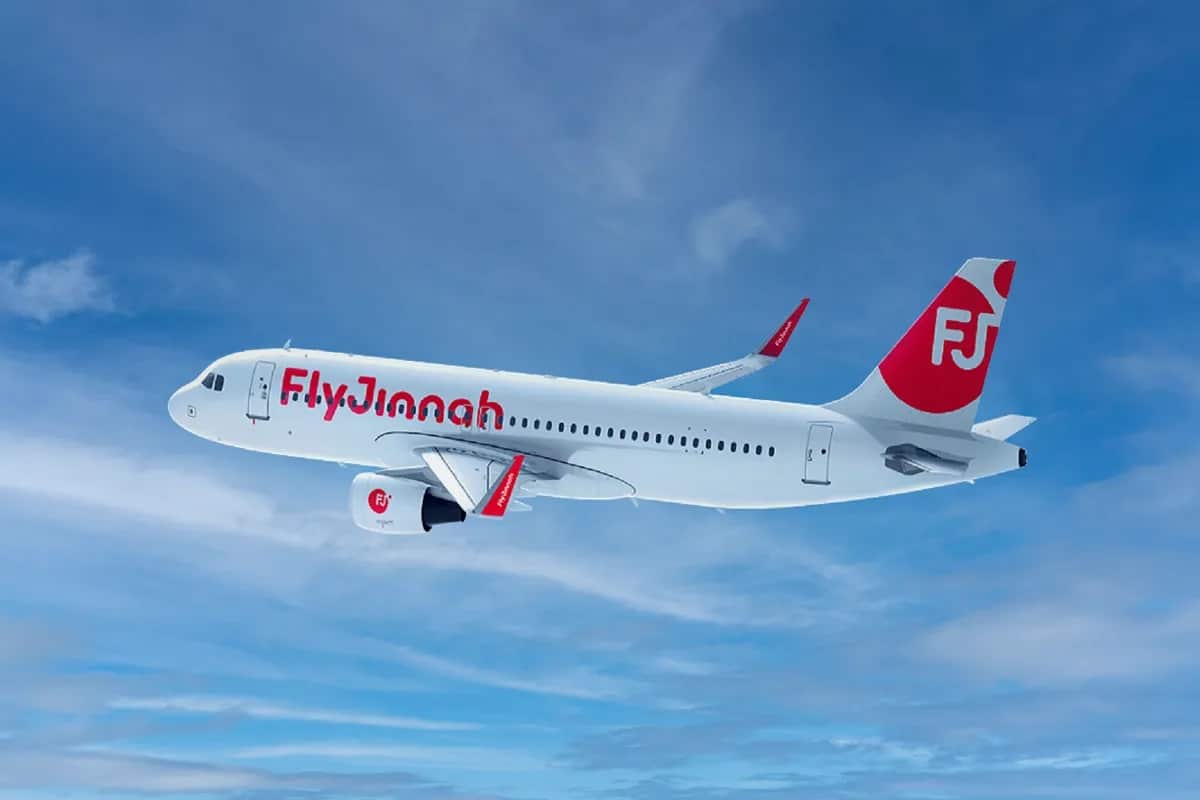- APCC will meet at the Ministry of Planning today.
- Govt considering allocation for Diamer Basha Dam in budget.
- Total PSDP size would be proposed at Rs1,000bn.
ISLAMABAD: The Annual Plan Coordination Committee (APCC) is likely to recommend around Rs900-1,000 billion macroeconomic framework and size of the federal development outlay for the upcoming budget for the next fiscal year 2023-24, The News reported Friday.
In the federal budget, against the revised estimates of Rs111 billion in the outgoing financial year, the government is all set to recommend a Rs90 billion proposed allocation for the controversial Sustainable Development Goals Achievement Programme (SAP) for parliamentarians.
Now the arrangements are underway for further jacking up the allocation of the SDG Achievement Programme from Rs111 billion to Rs116 billion for the outgoing fiscal year.
Well-placed sources in the Cabinet Division told The News that parliamentarians belonging to Balochistan and Sindh provinces largely presented flood-related schemes under the SDG Achievement Programme in the current fiscal year.
The World Bank and Asian Development Bank (ADB) were also providing $3 billion in loans for flood-related schemes in the aftermath of the severe floods, so at least there should be some kind of mechanism to avoid overlapping at the cost of the national exchequer.
There were 50 to 60% of small development schemes in Sindh and Balochistan related to floods in the outgoing financial year.
There are reports that one political party, which is one of the major allies of the ruling coalition at the federal level, placed a condition that all funds on behalf of their parliamentarians should be handed over to the political leader, who would disburse their share to each parliamentarian belonging to the party.
All major allies of the Pakistan Democratic Movement-led government are beneficiaries of this SAP programme, as its funding has gone up from Rs68 billion at the initial level to Rs116 billion in the ongoing financial year.
The APCC, which is scheduled to meet in the Ministry of Planning today (Friday), will consider approval of the macroeconomic framework, including a real GDP growth rate of 3.5% and CPI-based inflation at 21% for the upcoming budget 2023-24.
According to the working paper prepared by the Ministry of Planning on Thursday, the Ministry of Finance gave an indicative budget ceiling for the Public Sector Development Programme (PSDP) to the tune of Rs700 billion for the next budget for 2023-24 but the Minister for Planning hoped that it would be jacked up to Rs800 billion under the directives of Prime Minister Shehbaz Sharif.
Now that the government has proposed an allocation of Rs200 billion for the Viability Gap Fund (VGF) executed through public-private partnerships (PPP), the total PSDP size would be proposed at Rs1,000 billion at the federal level for the next financial year.
The share of the National Highway Authority (NHA) in the proposed PSDP would be reduced, ranging from Rs90 billion to Rs100 billion for the next budget, mainly because the NHA remained unable to utilise the major chunk of the total allocated amount in the ongoing financial year.
The government is all set to propose allocations for flood mitigation and reconstruction efforts in the coming financial year. The government is also considering making an allocation for the Diamer Basha Dam in the coming budget for 2023-24.

 Latest News2 days ago
Latest News2 days ago
 Latest News1 day ago
Latest News1 day ago
 Latest News2 days ago
Latest News2 days ago
 Latest News1 day ago
Latest News1 day ago
 Latest News2 days ago
Latest News2 days ago
 Business2 days ago
Business2 days ago
 Latest News2 days ago
Latest News2 days ago
 Latest News1 day ago
Latest News1 day ago

























